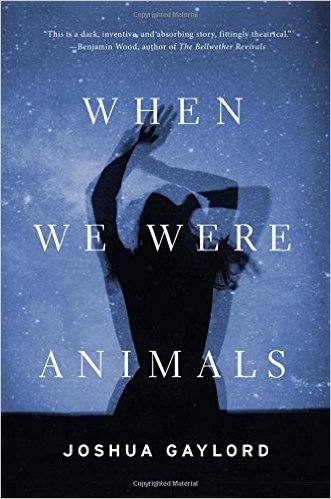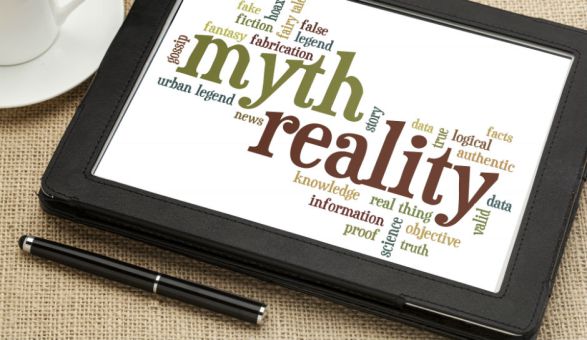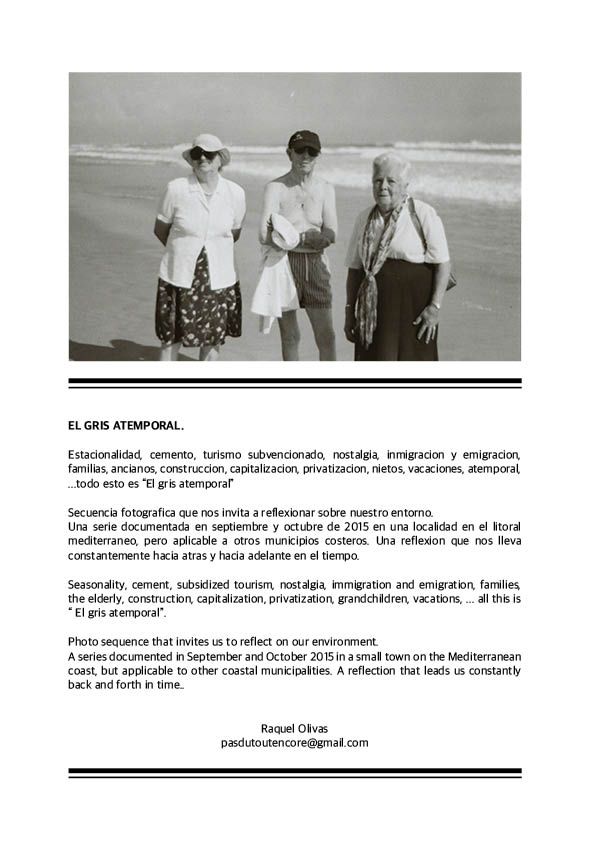I first learned of Book Día – El Día De los Niños El Día de los Libros at a Diversity Matters Panel at TXLA 2016. It was hosted by the #WeNeedDiverseBooks movement. The panel was composed of children book authors, illustrators, and librarians, that included Alex Gino, G. Neri, Rafael Lopez, and Pat Mora. As I listened to Pat Mora describe this stories-in-many-languages celebration I couldn’t help but feel excitement; this was a celebration that promoted diversity, acceptance, and understanding. This was a celebration that I wanted to offer my school community, to highlight our diversity and how story telling is a thread that binds us, it would communicate how all cultures are valued, that we all matter. I was determined to make it happen!
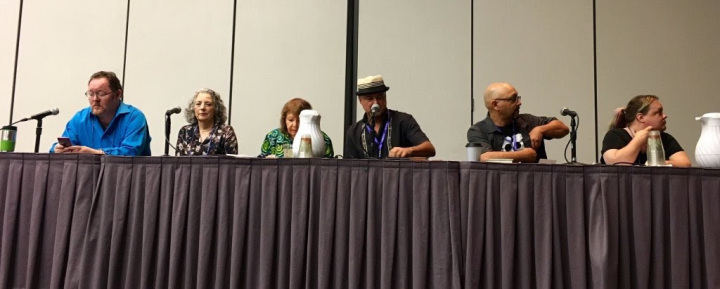
It wasn’t easy, but valuable, worthy endeavors rarely are. Getting parents on board was a struggle. I received many “I’ll get back to you.” responses from parents and although I was frustrated, I tried my best to be empathetic, reading aloud doesn’t come easy to everyone. Even if as a a parent, you read to your kids, that is not the same as sitting in a classroom, you’ve possibly never visited, in front of 20 or more kids you do not know, with a teacher you might not have had many conversations with. I understood then that what I was asking for was major, and would cause stage fright to anyone, especially when you are an English language learner. Still, I persisted. I finally had eight parents committed to making this celebration happen. I remembered that one of our Paras (Teacher Assistants) was from The Philippines, and when I asked if he would read to one of our classes, he was more than happy to! I asked our students if they knew how to read in another language and had one sixth grader who spoke Vietnamese volunteer to read! I contacted a few of our district’s high schools who have foreign language programs and found one teacher, Jody Davis (Thank you, Mrs. Davis!) who was on board to give the experience of Book Dia, not only to our students, but to hers as well.
Finding books that are bilingual wasn’t as easy as I thought it would be either. I spent many hours searching on Google, Amazon.com, and other websites until I was able to acquire titles in the languages the parents who volunteered to read, spoke (Vietnamese, Khmer, Tagalog, Portuguese, Arabic, Malayalam, and Spanish). As soon as the books came in, I sent them home to parents so they could practice, with a letter thanking them for their support of our library program and the details of when they were scheduled to read and what to expect that day.
Then there was the biggest concern; how would students and teachers react to having a book read in a language that they didn’t speak? I prepped each class by having a conversation of what Dia meant for all of us. I shared how these parents were being very brave because standing in front of children that are not their own is not something they had experience with. I ended by asking students (I probably begged), to be welcoming, to give the guest readers their upmost respect and attention.
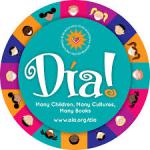
The day was upon us. We started celebrating on Thursday, April 27th, with nine students who were taking the advanced German course at one of our high schools. If they were nervous, they didn’t show it. They had translated picture books of their choosing into German. They started out by giving a brief overview of the story they would read, with a picture walk of the book. Our students did not disappoint! They were mesmerized by the story telling in German and when they were asked what they had understood or taken away from the story they were eager to share! When the story telling was over, we invited students to color one of the 3 Book Dia Badges that were part of the resources provided on the Book Día Website, thanks in part to the Dollar General Literacy Foundation (Thank you, Dollar General!). The high school students learned how to use the library’s button making machine and diligently worked to make each student’s badge into a button they could proudly wear by the end of our time together. We had a great time and the high school students found a vehicle to make their work and translating projects of real-world value!
On to Friday! I was a little worried that some parents would not be able to make it, and except for one with extenuating circumstances, all of them did! Not all classes would be read to in the library, and when I approached teachers to schedule Día read alouds in their class, and offer support by reading the story in English side by side with the parent volunteer, they were more than willing to do so. All parents came back to the library and the joy their smiles communicated were priceless. I gave them a little token of appreciation and asked if they would be willing to participate next year they all said “Yes.”
Watching our students listen to stories, some familiar, others not, in another language was eye-opening. Children are so brave and curious, so thirsty for knowledge, they were mesmerized by the language they were listening to. One of the students who listened to The Very Hungry Caterpillar by Eric Carle in Arabic, said to the mom “I want to be Arabic! I want to speak and read like you!” The smile on that mom’s face, was pure pride and joy. Students asked many questions about the parent’s country of origin, many of them noticed the beauty of the Arabic and Malayalam written language. A few students commented “It seems like you are reading from right to left. Is that how you read in your language?” So many other conversations happened that I hope were the seed to understanding and acceptance.
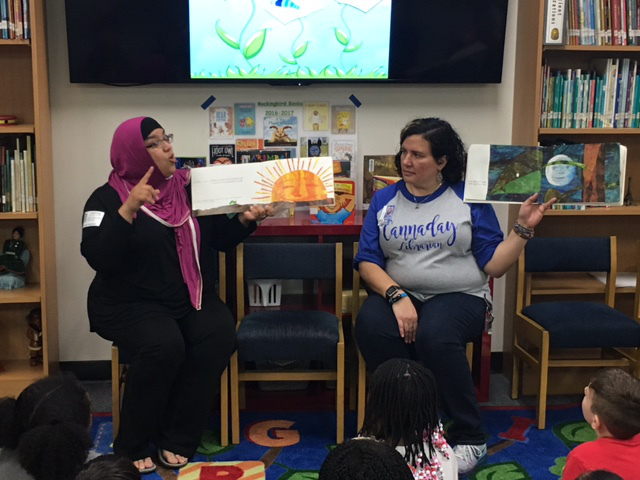
One dad, the only male parent I had as a volunteer reader, read in Malayalam. He was so nervous, his hands were trembling, though his voice was firm while reading , and when he was done I thought he might want to leave immediately but he took a deep breath, took a little paper out of his pocket and shared with us facts about the languages of India. We learned that the Malayalam language has 56 letters, 15 of them consonants, and that in school they learn Hindi, the official language of India, they also learn the language of their state, in his case Malayalam, and English. One student asked how they said the pledges in school in India. I explained that the pledges of each country are different. Dad explained that in India they sang their pledge. This dad who was so nervous, then asked “Would you like to hear it?”: The students answered “Yes!” excitedly, and dad proceeded to sing to us. His son, who is not in this particular class dad was reading to, was beaming with joy and quietly sang along with him. Students were swaying to the sound of dad’s voice, and I was experiencing chills and waves of gratitude for this dad’s bravery.
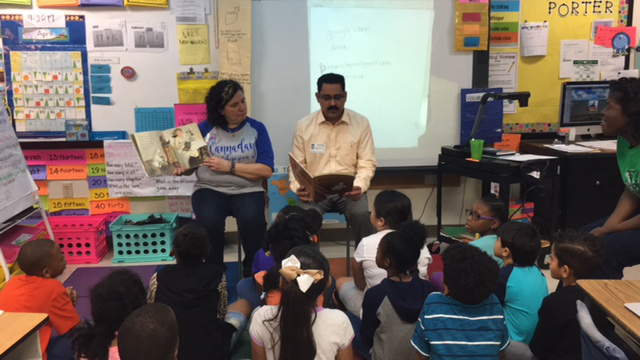
The sixth grade student, Sara, read to two classes. I accompanied her to the first class she read to, which is her little brother’s first grade class. Jesse, her brother, was smiling wide, obviously proud. I thought she needed my support, but you know what? She didn’t. She was enjoying showing of her Vietnamese reading skills. The kids were looking at her and I’m pretty sure her coolness factor as Jesse’s sister increased ten-fold. Tommy, Jesse’s classmate, shared that he knew how to count in Vietnamese and volunteered to help Sara teach his classmates how to count and also how to say thank you. She also read to a Kindergarten class that has a Vietnamese student, and made him feel special.
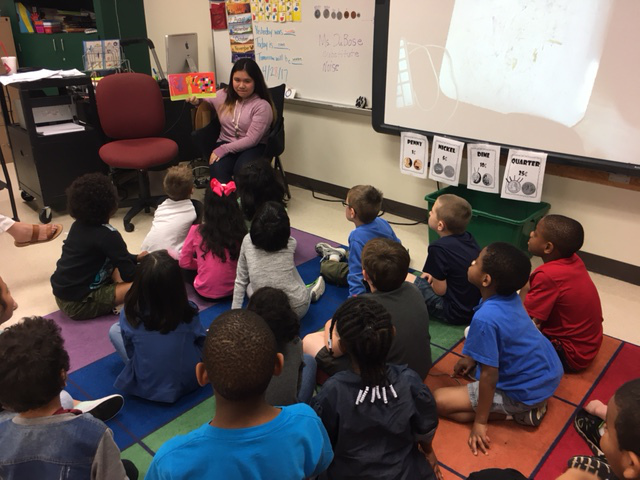
I could go on and on. But I think these highlights give you a pretty good idea of the value of celebrating Book Día. I believe that parents and the cultures they represent, being in the spotlight through this celebration, made them feel more welcomed, a vital part of our community, an integral part of our school and students’ learning. I think the students whose parents volunteered to be part of this celebration now see their parents in a new light, their moms and dads have something of value to share with our learning community. Our students now know someone from the Indian, Arabic, Hispanic, Brazilian, Cambodian, Philippine and Vietnamese communities and their interaction was a positive and uplifting experience. I bet next year many kids will want their parents to participate, and it is all thanks to the vision and inspiration of author, Pat Mora. Thank you, Mrs. Mora, for making our school community stronger and more united!
Advertisements Share this:

